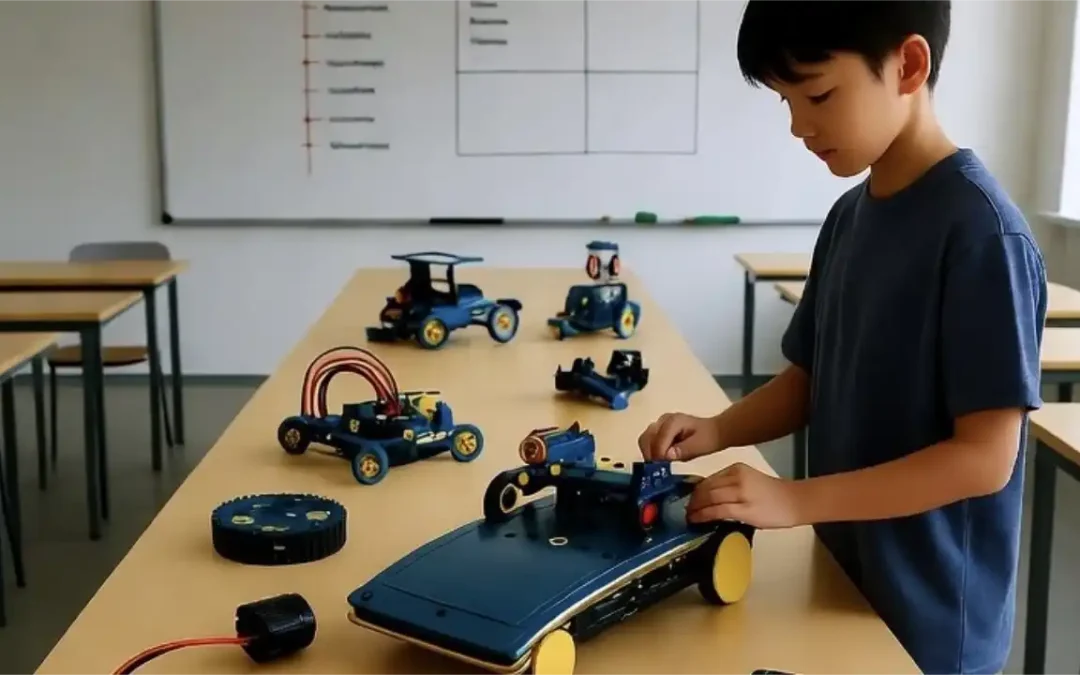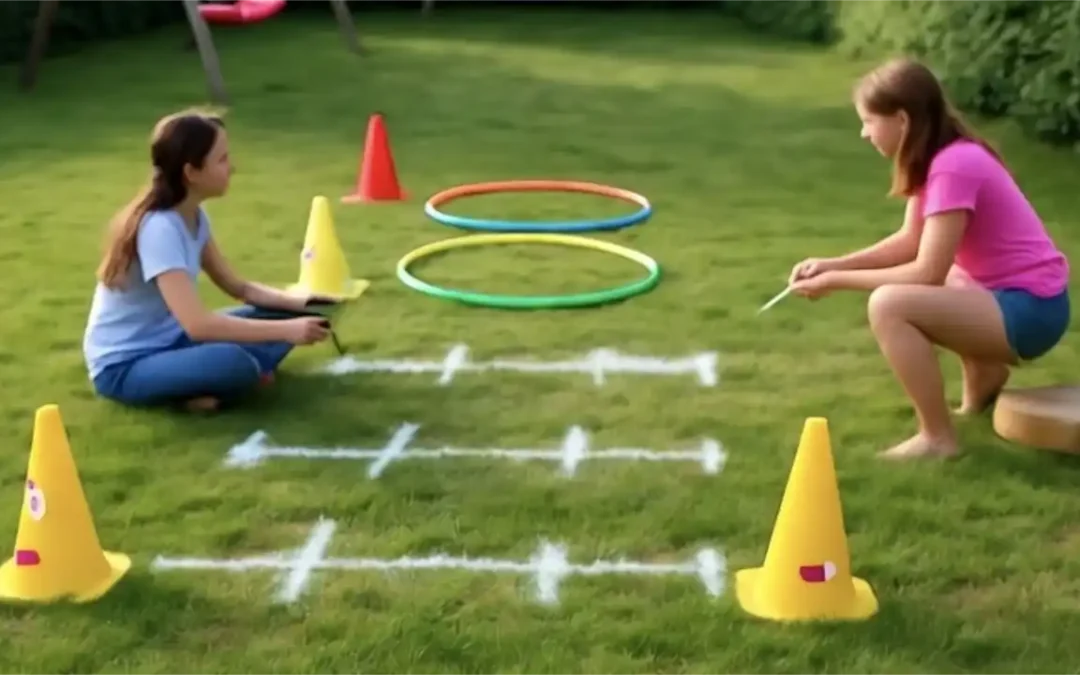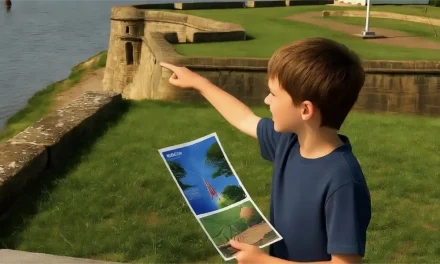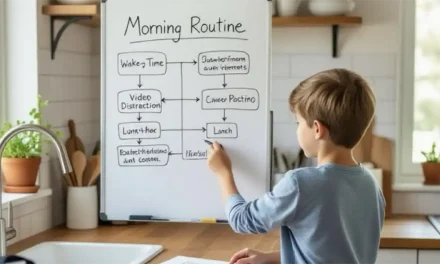
Promoting Peer Interaction: Mix Cultures in Team Challenges
C
ultural group projects do more than celebrate difference—they teach children how to weave diverse ideas into shared efforts. When kids collaborate across cultures—by planning food fairs, building heritage crafts, or sharing stories—they learn to listen with curiosity and contribute with respect. Asking, “What’s unique about your idea?” invites each child to feel valued and seen, setting the tone for inclusive teamwork.
At one school cultural fair, my daughter’s team struggled to agree on a presentation. I asked her, “How can everyone’s ideas be part of this?” She suggested each teammate contribute a dish from their background, and suddenly the project came alive—a blend of flavors, stories, and laughter. Later, she led a craft project that drew from several traditions, and shared it proudly at a community event. Experiences like these taught her that good teamwork isn’t about finding the one right way—it’s about making space for many.
You can foster this mindset at home by organizing collaborative projects rooted in different cultures. Let your child help cook dishes from friends’ backgrounds, or invite them to create a group mural celebrating heritage. These activities teach more than tolerance—they build habits of inclusion, preparing kids for classrooms and communities where empathy and collaboration go hand in hand.
Promoting Peer Interaction

Promoting Peer Interaction: Join Clubs
Clubs give children community, identity, and confidence. Help them find a space where interests are shared and voices valued.

Promoting Peer Interaction: Host Playdates for Friendship and Teamwork
Playdates help children learn cooperation, communication, and empathy. Create playful, structured activities that support healthy friendships.
Table of contents

Primordial Soup for the Mind: Navigation
Navigate the book Primordial Soup for the Mind.
TIPS
- Ask “What makes your idea special?” to start sharing.
- Praise their teamwork to value their effort.
- Keep a journal for their contributions.
- Suggest weekly cultural challenges.
ACTIVITIES
- Food Fest: Plan a cultural dish, ask, “How can you blend ideas?” Work for 15 minutes.
- Craft Swap: Create heritage art, discuss contributions, 20 minutes.
EXAMPLE
My son led a global game, saying, “Everyone joined in!” His challenges started an inclusion hobby.

Download “Primordial Soup for the Mind: A Parent’s Guide to Nurturing Intellectual Growth”
Enter your information to get this article and hundreds more as part of the FREE book Primordial Soup for the Mind.
Share your thoughts with the Thought Academy community in the Comments section below.

Sharpen those skills!
Enter your information to get our FREE practice exercises so you can hone your critical thinking and reasoning skills!







0 Comments